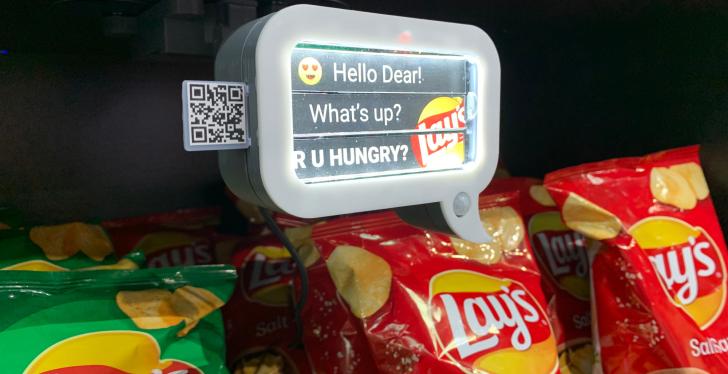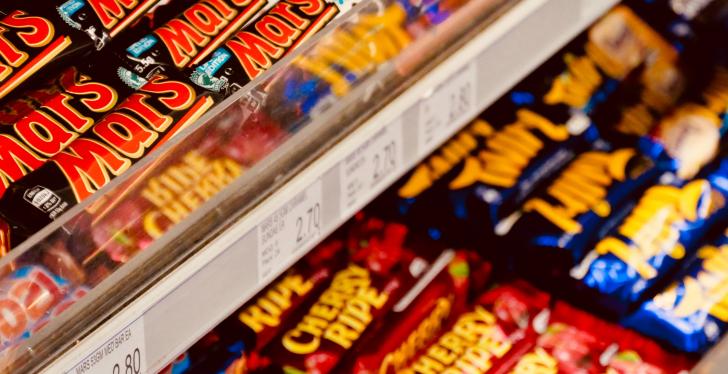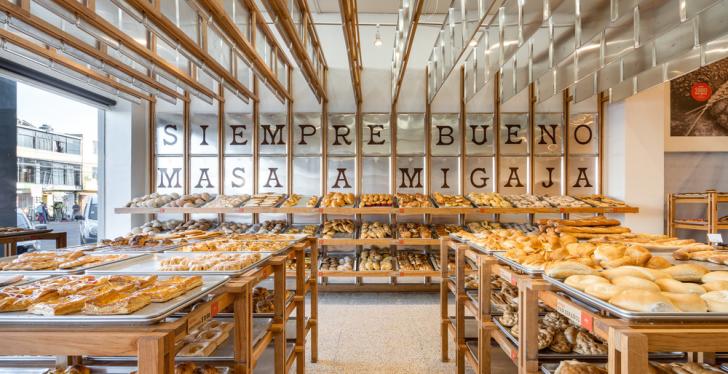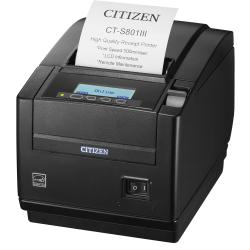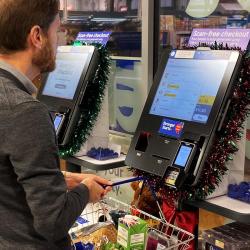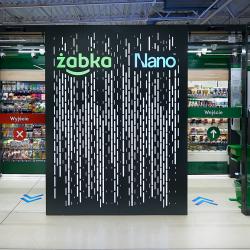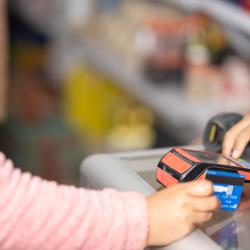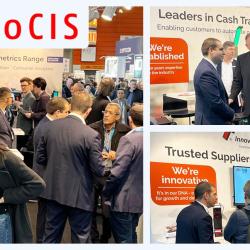Demographic factors seem to influence whether a store carries organic food
NYU study examines where and why New York City retailers sell organic foods

A store's decision to sell organic food depends on its neighborhood demographics, and the range of organic foods offered for sale is linked to the size of the store, finds research by NYU Steinhardt School of Culture, Education, and Human Development.
The study, which focuses on New York City stores and is published in the Journal of Food Products Marketing, is among the first to provide an understanding of the factors that influence the range of organic food products offered by retailers.
Retail sales of organic food products have been increasing faster than any other category of food, reaching $37 billion in 2015, according to the Nutrition Business Journal. Organic foods are no longer just available in specialty stores, but have penetrated mainstream grocery stores and convenience stores.
While the market for organic food continues to grow, access to it remains a stumbling block for many potential buyers. In addition, the majority of research on organic markets has looked at the characteristics of consumers and what factors, such as level of education, affect their likelihood of buying organic food.
"The amount and variety of organic foods purchased are affected by both consumer preferences and the availability and affordability of organic foods," said study author Carolyn Dimitri, associate professor of food studies at NYU Steinhardt.
In this study, the researchers focus on the retailer's decision to stock and sell organic food. They approached this decision as two-stage process: whether to offer organic food, and how many different organic products to sell.
Rather than gathering data using supermarket scanners or sales records, the researchers and a group of NYU Steinhardt food studies students paid visits to a total of 1,256 food stores in Manhattan. They looked for a list of 24 organic food items - including apples, carrots, potatoes, eggs, chicken, and milk - to track how many of the items were available at each store.
Dimitri and her colleagues then created an Organic Food Products Index to calculate the availability of organic foods at the stores. Overall, 60 percent of the stores (746 stores) had an Organic Food Product Index of zero, as they did not sell any organic food products. About a third of the stores (405 stores) sold at least one but less than half of the organic foods on the list, and around 5 percent of stores (66 stores) sold at least half of the 24 organic foods.
The researchers then created a map of their findings and compared the availability of organic food with data on Manhattan's neighborhood characteristics. They found a relationship between a store's decision to offer organic food and the local residents' median income, age, and education. The bulk of stores with more than half of the organic foods on the list were in the Upper East Side and Upper West Side, neighborhoods with higher median incomes and education levels.
"By finding that the decision to carry organic food in a store is related to the education and income of a neighborhood, our research aligns with the existing literature on the characteristics of organic food consumers. It lends support to the notion that consumers with greater access to organic food are more likely to buy organic food," said Dimitri.
While demographic factors seemed to influence whether a store carried organic food, they did not influence the amount of organic food products. However, the size of a store - measured by how many registers each had - was linked to the number of organic food items offered. In other words, the more registers a store has, the higher the Organic Food Products Index.
Future research will assess both the supply and demand sides of the market to shed light on the importance of consumer income, education, and retailer access in the decisions behind both buying and selling organic food.
channels: product presentation, food technology

